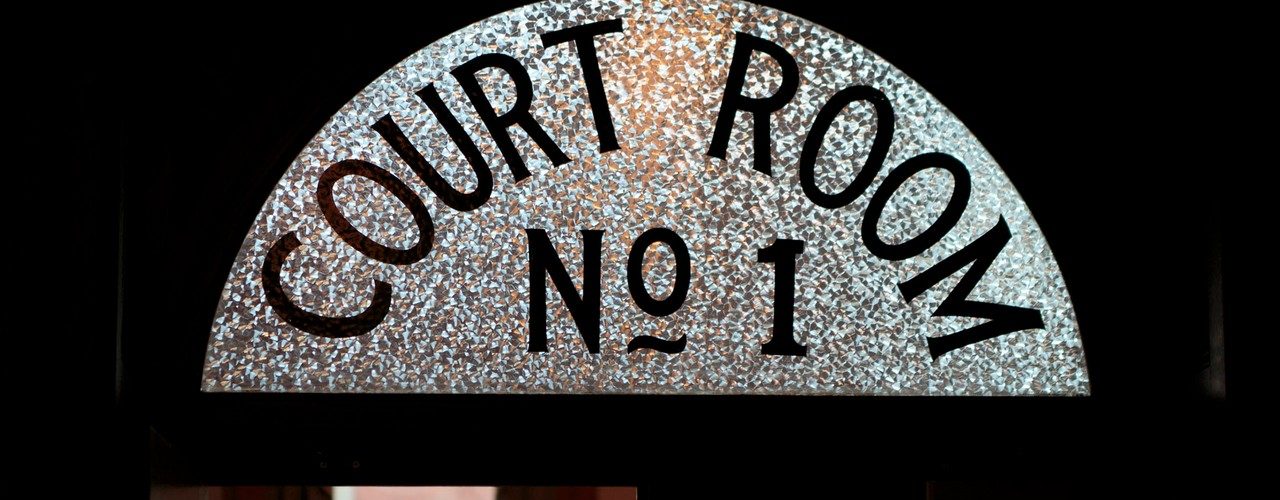On April 11, 2024, the ECJ issued its judgment in the case C-322/14 (Gabel Industria Tessile and Canavesi).
The ECJ has said that if taxpayers are charged tax correctly according to their country’s laws but incorrectly according to EU laws, national courts can ignore rules that stop taxpayers from getting their money back directly from the tax authorities.
This decision underscores the importance of aligning national tax provisions with EU legal principles, ensuring fairness and compliance for taxpayers.
Impact for the businesses:
- Taxpayers have the right to reimbursement of VAT and other charges imposed in violation of EU law.
- Direct effect of EU law applies against the state but not between taxpayers (horizontal direct effect is prohibited).
- Member States must establish a mechanism for taxpayers to seek reimbursement when it is practically impossible or excessively difficult to recover charges due to EU law violations.
Context: Reference for a preliminary ruling – Directive 2008/118/EC – Article 1(2) – Excise duties – Electricity – National legislation creating an additional tax on electricity excise duties – Lack of specific purposes – Additional tax deemed contrary to Directive 2008/118/EC by the national courts – Recovery by the final consumer of the tax unduly paid from the supplier alone – Article 288 TFEU – Direct effect – Principle of effectiveness
Facts
Gabel Industria Tessile and Canavesi, two Italian companies, paid additional taxes on electricity supply contracts before the tax was repealed in 2012. In 2020, they sued their suppliers seeking reimbursement, claiming that the national provisions introducing the tax were incompatible with EU law. The referring court noted that the tax lacked a specific purpose and was contrary to Directive 2008/118. The ongoing litigation concerns the reimbursement of sums paid between the deadline for Directive 2008/118 compliance and the repeal of the tax.
Questions
(1) In general, does the system of sources of [EU] law and, specifically, the third paragraph of Article 288 TFEU preclude the disapplication by a national court, in a dispute between private individuals, of a provision of national law that is contrary to a clear, precise and unconditional provision of a directive that has not been transposed or has been incorrectly transposed, thereby imposing an additional obligation on an individual, where that constitutes, according to the national legal system (Article 14(4) of [Legislative Decree] No 504/1995), a prerequisite for the latter to be able to assert against the State the rights conferred on him or her by that directive?
(2) Does the principle of effectiveness preclude national legislation (Article 14(4) of [Legislative Decree] No 504/1995) that does not allow a final consumer to seek reimbursement of undue tax directly from the State, but grants him or her only the option of bringing a civil action for recovery against the taxable person, who alone is entitled to obtain reimbursement from the tax authority, where the sole ground for the unlawfulness of the tax – namely the fact that it is contrary to a [Union] directive – can be relied on only in the relationship between the person liable to pay and the tax authority, but not in the relationship between the person liable to pay and the final consumer, thus effectively preventing the application of the reimbursement or, in order to ensure compliance with that principle, should the final consumer be recognised as having direct standing in such a case to bring an action against the Treasury, as a case where it is impossible or excessively difficult to obtain from the supplier a refund of the tax unduly paid?’
Decision
1. The third paragraph of Article 288 TFEU must be interpreted as precluding the disapplication by a national court, in a dispute between private parties, of a provision of national law establishing an indirect tax contrary to a clear, precise and unconditional provision of a directive that has not been transposed or has been incorrectly transposed, unless national law provides otherwise or unless the entity against which that inconsistency of the aforementioned tax is relied upon is subject to the authority or control of the State or possesses special powers beyond those which result from the normal rules applicable to relations between private parties.
2. The principle of effectiveness must be interpreted as precluding national legislation that does not allow a final consumer to seek directly from the Member State reimbursement of the additional economic burden which that consumer has borne as a result of the passing on by a supplier, in accordance with an option conferred on that supplier by national legislation, of a tax which the latter had itself unduly paid, but which allows such a consumer to bring only a civil action for recovery of sums paid but not due against such a supplier, where the undue nature of that payment is the consequence of that tax being contrary to a clear, precise and unconditional provision of a directive that has not been transposed or has been incorrectly transposed, and where, because it is impossible to rely on a directive as such in proceedings between private parties, that ground for unlawfulness cannot validly be relied on in the context of such an action.
- Join the Linkedin Group on ECJ VAT Cases, click HERE
- VATupdate.com – Your FREE source of information on ECJ VAT Cases















